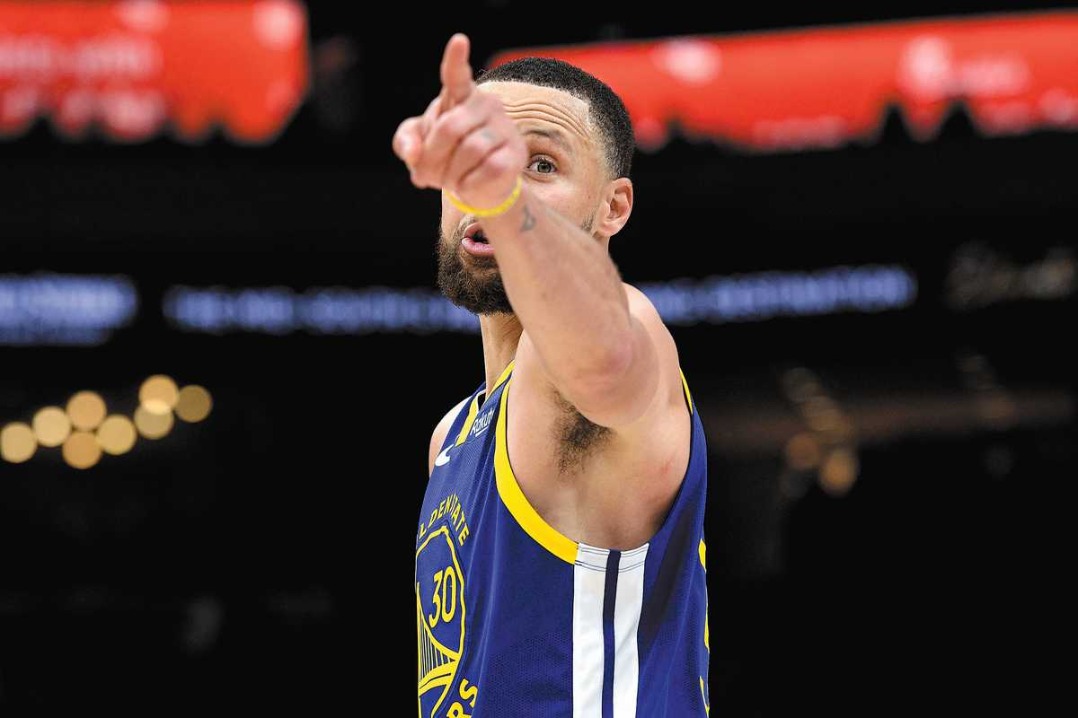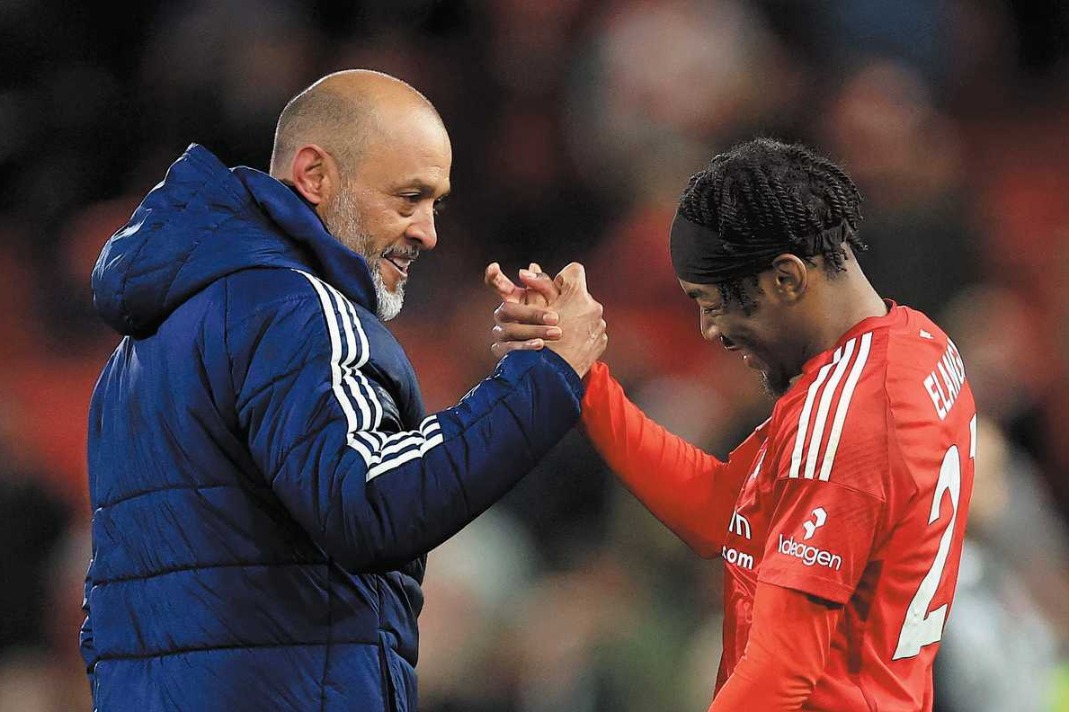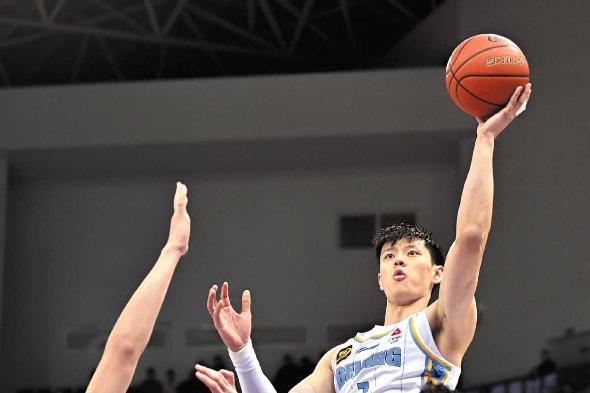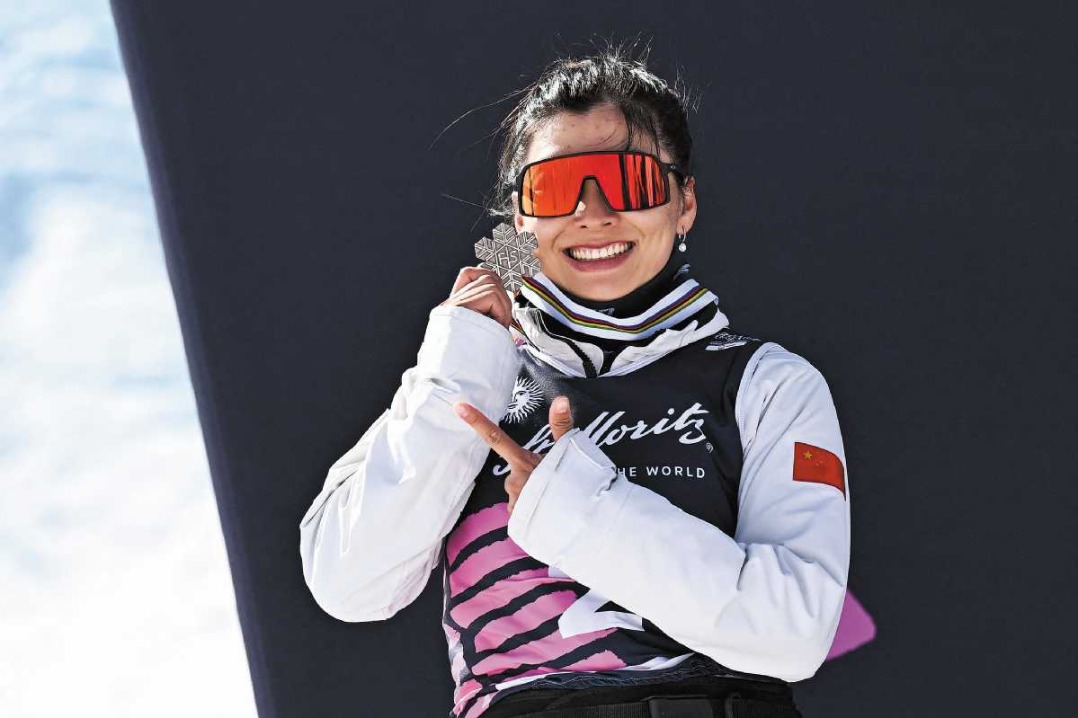Taking the ruck with the smooth


As Nepal takes its first tentative steps into the world of international rugby, the team's coach says his charges are relishing the opportunity to learn from the tough lessons
Outscored and overpowered by continental heavyweights, the Nepal men's rugby sevens team remains upbeat, trying to put its country on the map on its Asian Games debut in the physically demanding sport.
With the traditional passion for football, cricket and even martial arts dominating the sports mainstream in Nepal, the country's rugby sevens squad, coached by former Sri Lanka national team captain Sean Mark Wijesinghe, is determined to make its presence felt on the international stage at the 19th Asian Games in Hangzhou.
It did so by scoring its first international try, followed by a successful conversion, five minutes into its opener against the United Arab Emirates.
Yet it was all a steep and harsh learning curve from there onward.
Through a combination of sloppy handling, tactical naivety and a case of big-event jitters, Nepal completed the first two days with five straight losses and the concession of 252 points, with only that sole score against the UAE in its favor.
Coach Wijesinghe, however, appreciates that it is a process and views such a tough beginning as a valuable learning experience.
"We are in the early days of rugby. So coming here and playing with some big nations, it's a big achievement already," Wijesinghe said after Nepal's 55-7 opening defeat to the UAE on Sunday at the Hangzhou Normal University Cangqian Athletics Field.
"I think this is a good start for them. I think scoring a try was a big achievement, but we have a long way to go and we're looking forward to doing better."
Developing a passion for rugby at Trinity College in Kandy, a city in central Sri Lanka, Wijesinghe began to shine as a youth player in 2008, eventually going on to captain the Sri Lanka national team until 2015.
His coaching experience at Kandy Sports Club from 2012-13, and later at his alma mater in 2016, has taught the former wing forward the importance of patience and consistency in developing any team sport.
"We are looking at starting a process to build for the next eight years," said Wijesinghe, who migrated to Canada in 2019. "This is the start of the process. I think, if we remain focused, achieving our goals will follow."
All of Wijesinghe's players in Hangzhou have full-time day jobs, and they only get called up by the Nepal Rugby Association before a tournament.
The training quality is not ideal, given the lack of time, funding and facilities back home, but Wijesinghe insists that the team always improvises and adapts.
"If there's no tournament, they don't train ... and some of the boys (on the Asiad team) needed to lose 20 kilograms just before the tournament to get back into shape," Wijesinghe said.
The growing awareness of the sport at the youth level and the Olympic committee's support are helping to turn things around in the long run, though.
After the successful hosting of the Asia Rugby U-18 Sevens last year, the Nepal Rugby Association staged its second international event — the Asia Rugby U-20 Sevens — last month at Dasharath Stadium in the capital Kathmandu, allowing the Nepalese public to watch and learn from the continent's best young talent on their doorsteps.
From Wijesinghe's perspective, the future looks quite promising, and he hopes the exposure in Hangzhou will give the game a further boost back home.
"There's a big number of youngsters coming into the game. And the sports council, as well as the Olympic committee, is doing a major job to support it. So the game is seeing a surge in popularity right now," he said.
Most Popular
- Stars align for 30th anniversary of Volvo China Open
- Curry gets hot with 12 3-pointers
- Mission accomplished: Real Madrid reaches Copa final
- Swede strike: Nuno hails 'special' Elanga
- Ovechkin gets closer to Gretzky with goal No 891
- 'Torpedo' bat explodes on to the scene





























